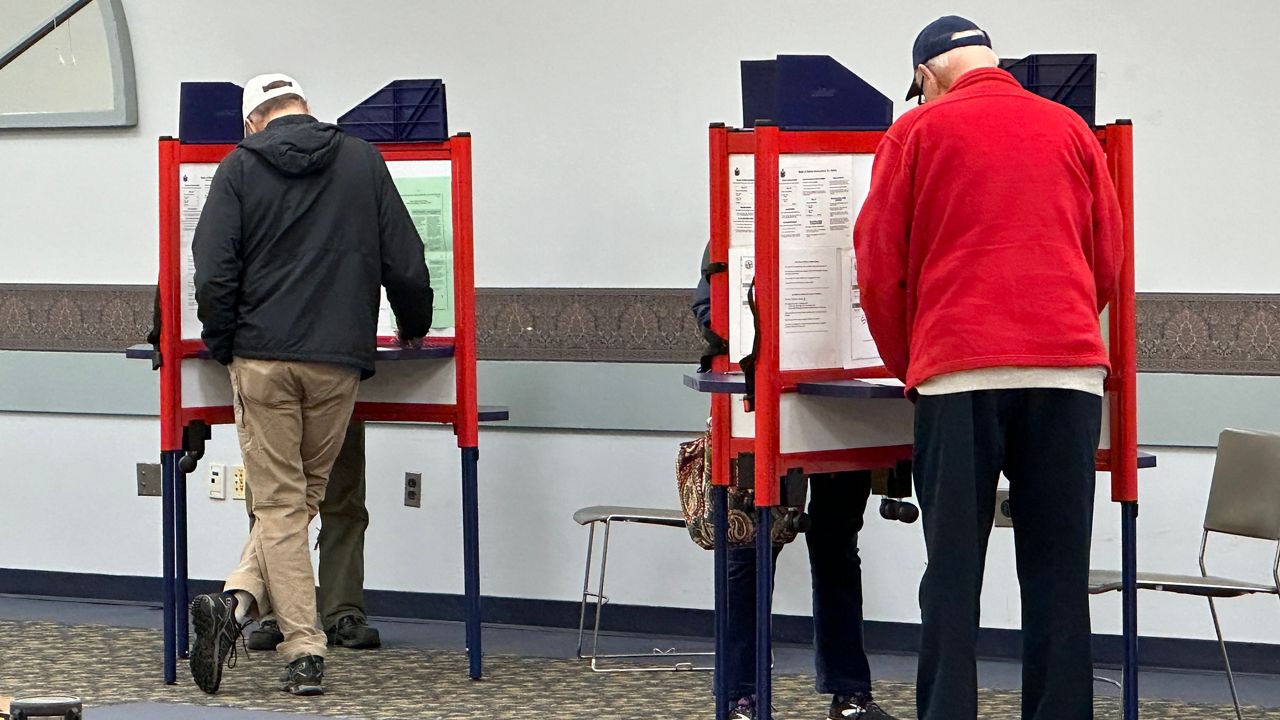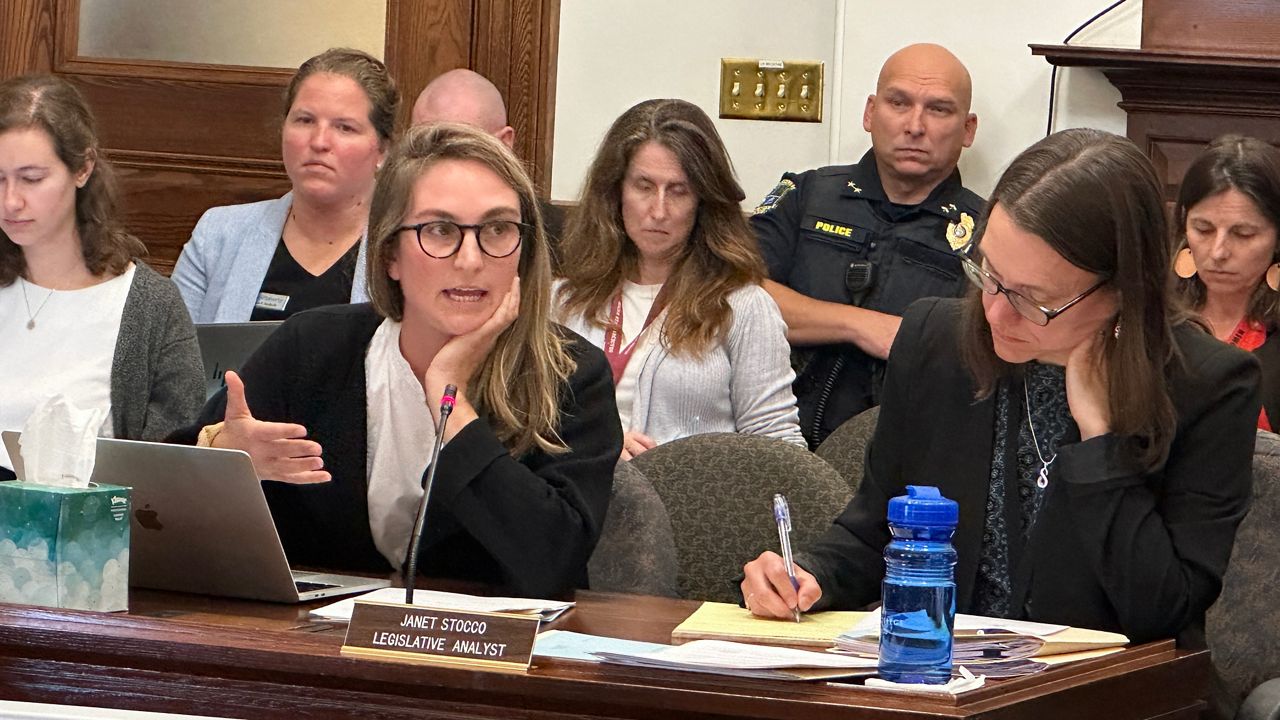The state needs to help local emergency medical service providers continue to rescue people in need and plan for a future with fewer and fewer volunteers, a state commission found Monday.
The Blue Ribbon Commission to Study Emergency Medical Services in the State plans to ask the Legislature to spend $70 million a year for five years to help struggling EMS providers across the state.
The commission began meeting earlier this year following passage of a bill sponsored by Rep. Rachel Talbot Ross (D-Portland).
“Lagging reimbursement rates, recruitment and retention challenges, training, an aging and rural population and other issues have made it more and more difficult for EMS providers to offer the services each and every one of our communities depend on,” she said while testifying in support of the bill in March.
In a largely rural state, those services vary greatly from community to community. The state has about 5,000 licensed EMS providers that respond to nearly 300,000 calls per year.
“EMS is currently underfunded, understaffed, under resourced and overextended,” Rick Petrie, a paramedic who supports the bill and is a member of the commission, said. “We suffer from low wages, inadequate benefits, and a declining work environment, and our providers are burning out and leaving the field quicker than we can replace them.”
At Monday’s meeting, Petrie and others said local cities and towns, hospitals, private ambulance services and volunteer time currently work in a piecemeal fashion to support the system. But those funds are not enough to recruit new workers and pay them adequate salaries and benefits.
They made it clear that the money, if approved by the Legislature, should be used to supplement, not supplant, money already in the system now.
“We’re going to give you $70 million on top of that so you can increase their pay, their benefits, their working conditions and therefore try to recruit more people to come in and stay in the field,” Petrie said.
Since 2003, Maine has lost nearly 1,500 emergency medical workers and paramedics, which is more than one-fifth of the workforce, according to a December 2019 series in the Portland Press Herald.
The directive from the commission to the Legislature envisions the use of grant funds or federal reimbursements that would reduce the amount that comes from the state general fund.
The $70 million is intended to help those on the front lines who are delivering the services, commission members said.
“It’s $70 million needed to correct the operational aspects of EMS, of making services operate somewhat in the black as opposed to everybody operating in the red,” Kevin McGinnis, program manager for the National Association of State EMS Officials, said.







)

